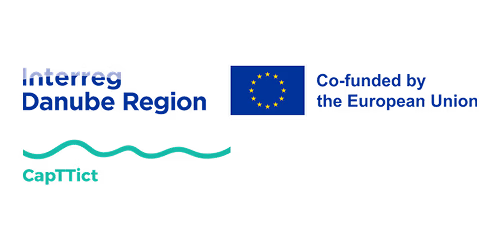Guilder is
re-inventing
Recruitment
We are the world's first cooperative hiring platform — a place where Candidates, Recruiters and Businesses share success.
time to hire
reach to candidates

We are the world's first cooperative hiring platform — a place where Candidates, Recruiters and Businesses share success.

Between 2022 and 2023 the ICT market slumped. DP Technologies was forced to pivot this “business as usual”.
Recruiters work in silos, chasing the same candidates.
Businesses spend thousands but still miss the best.
Candidates feel dehumanised in the entire process of recruitment.
Many candidates in recruiter databases never get placed.
Each recruiter needs to keep above 20% closing rate to profit.
The Guilder idea was born to create a faster, more cost-effective collaborative business model.
Recruiters onboard and get their candidates opted and vetted in.
Guilder performs a matching algorithm using probability based ranking on extended profiles.
Businesses pay to reveal and contact high-fit candidates.
Recruiters earn 30% from each action.
Business and Candidate can Interview the very same day.
Since 2022 we have employed the cooperative approach into our relations with other Recruiters. The outcome was faster and better candidate fit, but manually.
The Guilder project now brings automation to the operations.
“Applied to 50+ junior dev roles, got 3 interviews, and then nothing. Recruiters just ghost you after promising a call. It’s soul-crushing.”
r/recruitinghell“Used to get 5 recruiter messages a week in 2022. Now it’s crickets, and when I do get an offer, it’s 20% less than my last role. What happened?”
LinkedIn post“Just a more targeted, genuine and fitting way to communicate my skillset with potential future employers. Cutting down on bullshit, and preventing lots of spam and avoidable false leads off existing platforms.”
Sven Hoskens Web developer“I’m drowning in resumes, but 90% are overseas applicants who don’t fit the role. Need better tools to find local devs fast.”
Europe group Facebook, Tech Jobs“My database has 500 candidates, but only 2 placements this year. Too many recruiters chasing too few jobs.”
r/recruitment“We spent €15,000 on an agency to hire a senior dev, and they still left for a FAANG offer. Startups can’t compete like this.”
LinkedIn post“Guilder’s structure creates trust between recruiters instead of competition.”
A.B. Agency Owner“This is the first time a platform has rewarded me for my work.”
J.M. Tech Recruiter



If you’re interested in backing the Guilder platform that turns recruiters into growth engines — we’d love to show you more
Solving inefficiencies in recruitment across Europe, such as fragmented candidate pools, insufficient cooperation among recruiters, and slow hiring processes, etc …
Easier market entry, fewer cultural hiring barriers, and quicker validation of product-market fit, establishing strong proof-of-concept prior to expansion into larger markets.
Initially focused on the European IT recruitment market (approximately €4 billion annually), with potential to expand across other sectors and global markets.
First and foremost, Guilder is not an open platform—candidate data remains fully hidden until a business or a recruiter chooses to pay to reveal it or until it's otherwise unlocked.
Recruiters often work with candidates who have a limited "shelf life"—they're actively seeking jobs, and every day without employment means lost income. Whether or not the recruiter successfully places them, the candidate is still motivated to move quickly.
At the same time, recruiters face significant sunk costs for every role they're trying to fill. This is part of what makes recruitment such an expensive business. Guilder changes that dynamic by allowing recruiters to monetise the oversupply of candidates they already have—sharing profiles within a broader network they might not otherwise reach.
Think of it like being a fruit vendor: if you have too much fruit, instead of letting it spoil, you can sell the surplus to those who can move them. Guilder lets recruiters do exactly that—with candidate profiles instead of produce.
Cooperative approach: pooled candidate database, revenue-sharing incentives.
Enhanced efficiency: predictive candidate matching, streamlined communication.
Passive income opportunities for recruiters through candidate ownership.
Financial incentives for candidates, improving profile accuracy and updates.
Unique model incentivising collaboration, accuracy, and rapid candidate access, as opposed to competitors that are typically siloed, costly, or inefficient.
Initial funding will be used for MVP and fit-to-market.
Larger grant funding for expansion and scaling.
Recruiter adoption risk: Mitigated by clear incentives, continuous recruiter feedback loops, and platform enhancements tailored to recruiter needs.
Competitive risk: mitigated through differentiated platform features and continuous innovation in cooperation mechanisms.
Technology risk: Managed by incremental MVP development, rigorous testing, and phased feature rollouts.
Copycat: Copycats might want to quickly adopt similar strategies; first mover advantage might not exist.